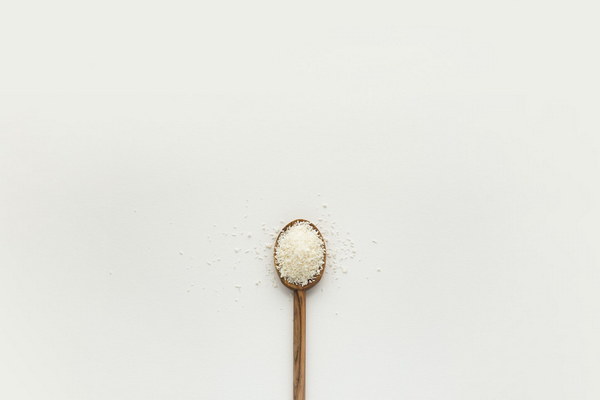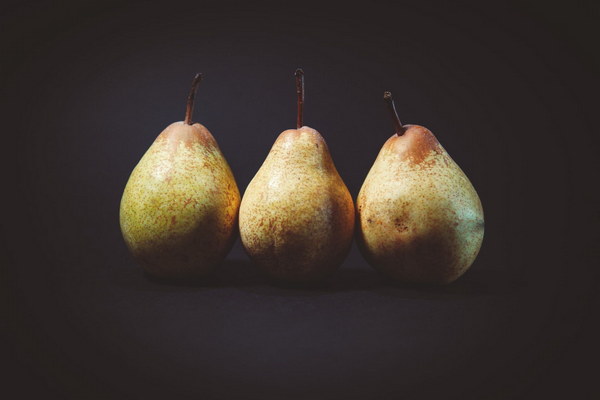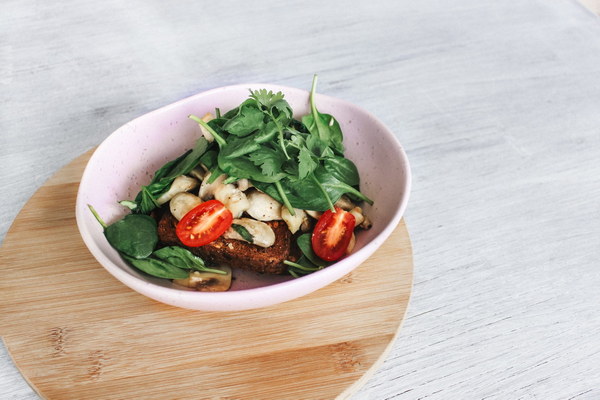Unlocking the Power of Traditional Chinese Herbs Discover Effective Remedies for Eliminating Dampness from the Body
Introduction:
Dampness, or Damp-heat in Traditional Chinese Medicine (TCM), is a common internal imbalance that can manifest in various physical and emotional symptoms. It is characterized by an accumulation of excess moisture in the body, leading to discomfort and illness. In this article, we will explore the concept of dampness and delve into the world of Chinese herbs that can help eliminate this excess moisture, bringing balance and vitality back to the body.
Understanding Dampness:
In TCM, dampness is considered an internal pathogen that can arise from a variety of factors, such as diet, environment, and emotions. When dampness accumulates in the body, it can disrupt the smooth flow of Qi (vital energy), leading to various health issues. Common symptoms of dampness include fatigue, bloating, weight gain, poor digestion, joint pain, and excessive perspiration.
Effective Chinese Herbs for Eliminating Dampness:
1. Astragalus (Huang Qi):

Astragalus is a well-known herb in TCM that is commonly used to boost the immune system and support overall health. It helps eliminate dampness by promoting the circulation of Qi and strengthening the body's defenses against external pathogens.
2. Poria (Fu Ling):
Poria is a fungus that is highly valued in TCM for its ability to drain dampness from the body. It is often used in combination with other herbs to treat dampness-related conditions, such as edema, urinary issues, and joint pain.
3. White Atractylodes (Bai Zhu):
White Atractylodes is another essential herb for dampness elimination. It is known for its ability to strengthen the spleen, which is responsible for transforming and transporting fluids in the body. By doing so, it helps prevent dampness from accumulating and supports healthy digestion.
4. Alisma (Ze Xie):
Alisma is a herb that is particularly effective in draining dampness from the body. It is often used in conjunction with other herbs to treat conditions such as dampness-induced weight gain, bloating, and fluid retention.
5. Cinnamon (Rou Gui):
Cinnamon is a spice that also has medicinal properties in TCM. It is known for its ability to warm the body and promote the circulation of Qi and blood. By doing so, cinnamon helps eliminate dampness and alleviate symptoms of cold and dampness, such as joint pain and fatigue.
6. Coptis (Huang Lian):
Coptis is a bitter herb that is used to clear heat and dry dampness. It is particularly useful in cases where dampness is accompanied by heat, such as in the treatment of damp-heat-related skin conditions and urinary tract infections.
Conclusion:
Eliminating dampness from the body is an essential aspect of maintaining health and vitality in TCM. By incorporating these traditional Chinese herbs into your wellness routine, you can effectively reduce dampness-related symptoms and promote overall well-being. However, it is important to consult with a qualified TCM practitioner before starting any herbal treatment to ensure it is appropriate for your specific needs and health conditions.









